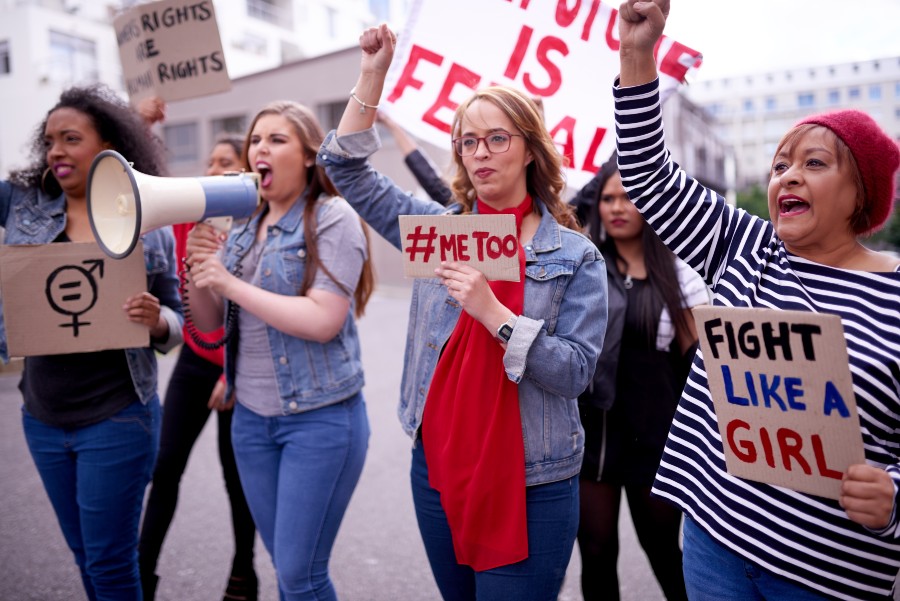
A public forum “The Politics of Sex and Sexuality” will be hosted by Women’s and Gender Studies with political theorist Lorna Bracewell, author of “How We Lost the Sex Wars.”

Students entering a Women’s and Gender Studies classroom today do so in the wake of the #MeToo movement. For those of us teaching in Women’s and Gender studies, the #MeToo movement harkens back to an earlier feminist moment, often narrated as the “feminist sex wars,” when questions of sexual violence and sexual pleasure created schisms across feminist lines that would otherwise assume easy affiliation.
The feminist sex wars names both a very specific conference, Barnard’s annual Scholar and the Feminist Conference in 1982, and a wider feminist shift in responding to the sexual logics of the heterosexual nuclear family as a site of violence for women to thinking with and against pornography and, as some feminists argued, its wider relationship to many forms of violence in women’s lives. The feminist sex wars found an easy home in wider sex panics of the early 1980s in the wake of the sexual liberation movements of the 1970s and the dawn of the HIV/AIDS crisis in the U.S. Across queer and feminist studies, the sex wars remain a site of contestation and an important touchstone, regardless of which side one falls on, in thinking the politics of sexuality.
Bracewell’s “Why We Lost the Sex Wars: Sexual Freedom in the #MeToo Era” intervenes in the resonances, and also dissonances, between the feminist sex wars, their enduring legacy, and the frameworks of the #MeToo movement. Bracewell’s overarching argument is that remembrances of the sex wars remain mired in a “cat fight” narrative that pitches two kinds of feminists against each other and in so doing elides a deeper history of resistance, and subsequent capitulation, to liberalism in feminist engagements with sexual violence.
The book begins by noting that the #MeToo movement risks a similar investment in liberal frames of individual liberty. In contrast to the catfight narrative that Bracewell names, Bracewell traces the responses of Black and Third World Feminists, responses that focused less on individual rights and more on the structural conditions that make certain types of violence both possible and palatable. In so doing, Bracewell offers a trenchant warning to the #MeToo movement.
The ongoing COVID-19 crisis has brought new life to questions about the endurance of liberalism and the necessity of structural and communal engagements that decenter individualism in pursuit of structural change. Women and Gender Studies is thrilled to kick off Women’s History Month by hosting Bracewell as part of our The Politics of Sex and Sexuality lecture series. We are especially excited to be hosting Bracewell in person, in the William H. Hannon Library Room 322, as our first live lecture event in more than two years.
By Mairead Sullivan
Assistant Professor of Women’s and Gender Studies
DEI Buzz
- JOIN US: For Systemic Analysis Report Out Sessions on March 8 and March 29, from 4-5 p.m. PST. Units can share their progress and receive feedback from the community. Register here.
-
- March 8, 4-5 p.m., SOE, Marketing and Communications
- March 29, 4-5 p.m., Mission and Ministry, Student Affairs
- CHECK OUT: DEI’s spring 2022 calendar.
- ATTEND: The Marymount Institute for Faith, Culture, and the Arts, inaugural Global Conversation with Wole Soyinka and Henry Louis Gates Jr. on March 4 at 7 p.m. PST. Register here.



